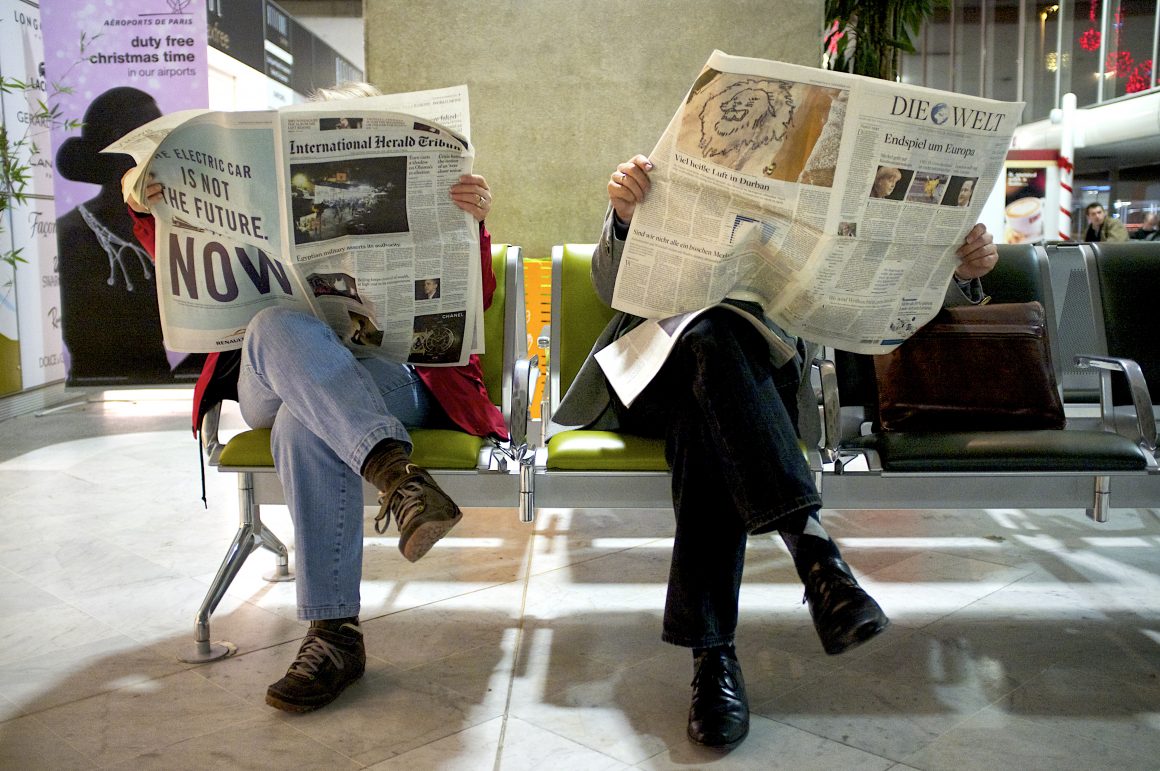
Not supporting your worldview doesn’t make it “fake news”
By Jesse Stilwell, February 14 2017 —
Fake news used to be a term generally considered to mean blatantly false information from illegitimate sources in the form of hoaxes, propaganda and conspiracy theories. But fake news has taken on a whole new meaning and is now used by people to describe anything that does not conform to their worldview.
On Feb. 6, United States President Donald Trump tweeted that “any negative polls are fake news.” This tweet was one of the latest in recent occurrences of Trump and others calling undesirable reporting ‘fake news’. Using the term fake news in a colloquial sense like Trump’s tweet allows people looking to confirm their biases to do so.
According to ScienceDaily, confirmation bias is “the tendency to search for or interpret information in a way that confirms one’s preconceptions, leading to statistical errors.” Trump exemplifies this by frequently interpreting public opinion polls and media reports as fake news.
But Trump is not the only person dismissing facts that does not conform to his worldview.
It’s important to not immediately take everything you read on the Internet as fact. Fake news is not a new phenomenon that we do not have tools to avoid. It is also not difficult to find reputable sources for news or statistics, especially at the University of Calgary.
Fake news’ prevalence is not entirely the fault of the media or Facebook. A large share of the blame for it’s new-found prominence is on us for warping its definition and allowing confirmation bias to take over our critical thinking. After all, the algorithm Facebook uses to put one news story before another relies on the number of clicks that people make on certain articles, not what gets put on Facebook in the first place. We must be critical of the information we receive and actively hold ourselves accountable for what we share on social media.
If you’re finding it difficult to confirm your worldview or if information from a generally accepted as credible source seems to be proving you wrong, keep an open mind and consider that you may be incorrect. It is lazy and harmful to label legitimate information as fake news, and publicly sharing information that distorts the truth is likely going to embarrass you in the long run.
University students shouldn’t engage in this behaviour when there are legitimate sources of information and ways to help express your worldviews. As comedian Joe Rogan said, “the problem is not fake news, the problem is idiots.”
So the next time you read something that seems too controversial to be true or even just different from what the majority of other sources are saying, don’t be naïve. Check the sources of your information and ensure you aren’t allowing confirmation bias to control your actions. Fact checking organizations — like factcheck.org — make it easy to quickly verify a politician’s speech or the statistic mentioned in an article. You can also verify ideas and facts through the resources available in our campus libraries. There are no excuses to allow confirmation bias and fake news to warp your vision of reality in 2017.
